Affordable and high-quality WiFi extenders to use in a basement.
Those who live in large houses might face problems with weak WiFi signals in some areas, which is why they need to use the best WiFi extender to use in a basement to ensure a reliable network connection throughout the house. It amplifies the WiFi signal and allows you to access the Internet even in the basement.
With a WiFi extender, you can create a hotspot without disrupting the Internet connection for family members. You can set up the best WiFi extender to use in a basement in a couple of steps, and the smart indicator light will help you select the appropriate location for the device.
When choosing an extender, check the supported security standards, 802.11 standards, and data transfer rate. We recommend considering the number of bands and coverage area as well.
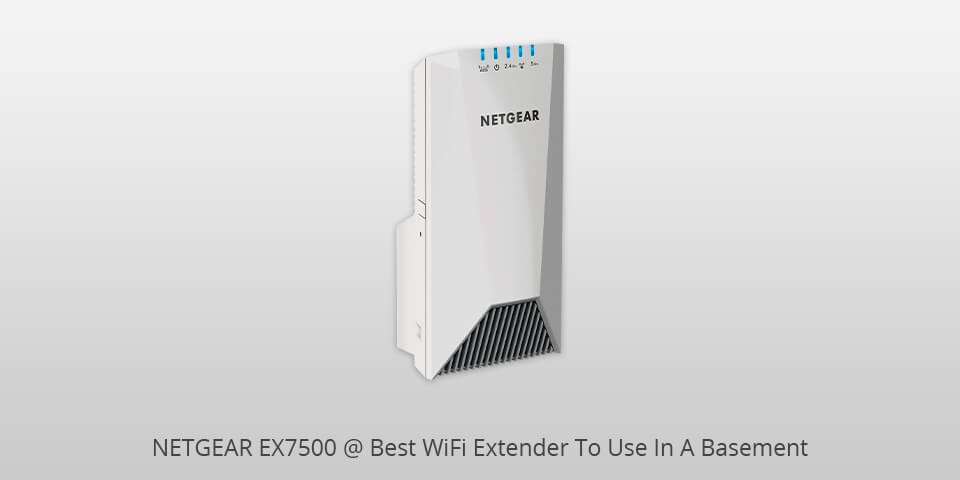
Speed: 2200 Mbps | Coverage: 700 m | Wireless Type: 802.11a/b/g/n/ac | Weight: 10.7 ounces
One of the more popular routers on the market today is the NETGEAR EX7500 which many consider the best WiFi extender to use in a basement. The NETGEAR EX7500 still has the ability to be connected to a computer via a USB port or LAN cable.
The plastic construction of this extender is a plus. The metal has a design that makes it easy to install. The NETGEAR EX7500 extender is very sturdy and durable.
Other features of NETGEAR EX7500 include the ability to connect to multiple computers and wireless networks as well as having a password system so that users do not lose their data on any of the computers they are connected too. This can be a handy feature, especially if you have more than one computer in your basement.
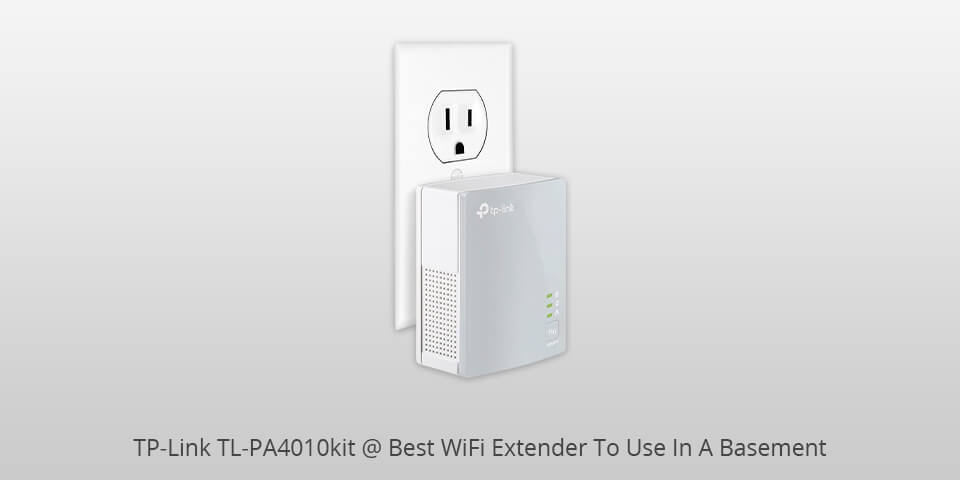
Speed: 600 Mbps | Coverage: 300 m | Wireless Type: 802.11n | Weight: 9.1 ounces
The TP-Link TL-PA4010kit is one of the best extender for basement. It uses a high power transmitter, and this is used to transmit the signal from one end of the room to another.
The built in Ethernet port makes it possible for you to connect up to ten computers to the Internet at the same time, and this is a great feature if you need to connect a computer, printer and console in the basement at the same time.
Some of the other great features of this kit are that the built in antennas ensure that the signal is even and clear, and the device uses transistor, which means that power consumption is incredibly low.

Speed: 2200 Mbps | Coverage: 700 m | Wireless Type: 802.11ac | Weight: 18.7 ounces
One thing that is great about the NETGEAR EX7700 is that it does not just allow you to connect to the internet without wires. It is also a wireless router for all the devices that are in the house, no matter how far away they are. You can even hook it up to your printer via LAN port.
It does not matter if it is in the basement or out in the garden. NETGEAR EX7700 works with high speed up to 2.2 Mbps. You can get an excellent signal even at a distance of 700 meters.
For around one hundred dollars you can get a fully functioning, high quality WiFi connection in a basement. The NETGEAR EX7700 is an ideal option for those who want their Internet to be strong, stable, and secure.
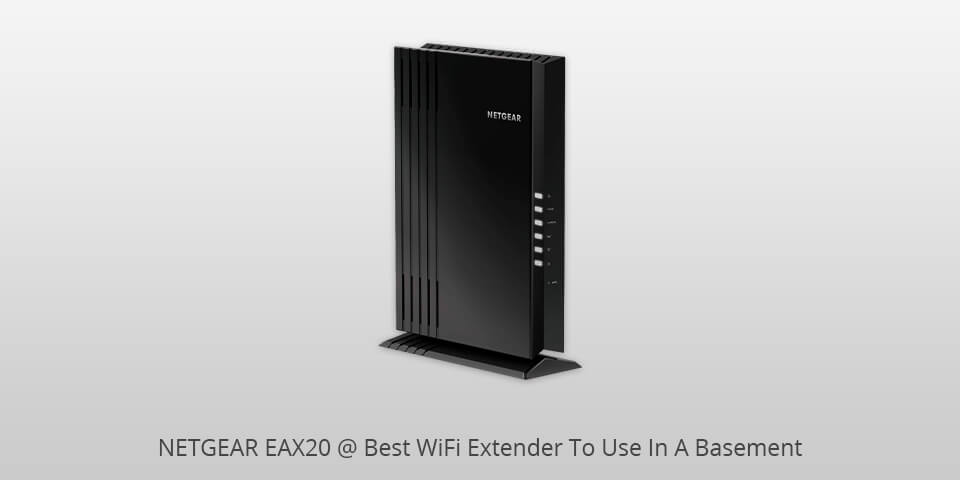
Speed: 1800 Mbps | Coverage: 455 m | Wireless Type: 802.11ax | Weight: 35.2 ounces
The NETGEAR EAX20 offers the ability to connect up to 20+ devices at one time, and it has advanced security and protection against cyber attacks. Other great features include high quality video and image quality that is better than what you get from other routers on the market.
There can be many wireless devices in the basement, so connecting them all at the same time is a plus. NETGEAR EAX20 can give you all the benefits you want while keeping the price low.
The NETGEAR EAX20 also includes a high-quality antenna, support for multiple bands, a wireless connection that is secure, a fast connection, the ability to stream videos, games, and music, as well as fast power delivery, and a price that fits into most budgets.
| IMAGE | NAME | FEATURES | |
|---|---|---|---|

|
NETGEAR EX7500
Fast speed
|
CHECK PRICE → | |

|
TP-Link TL-PA4010kit
Plug&play
|
CHECK PRICE → | |

|
NETGEAR EX7700
45 devices
|
CHECK PRICE → |
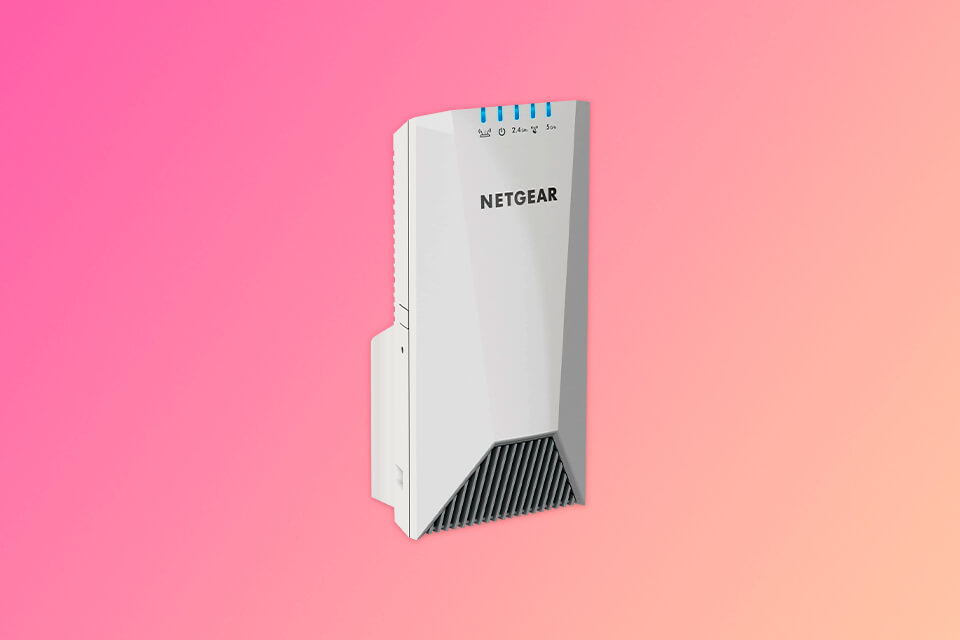
WiFi amplifiers should deliver a maximum speed of at least 2000Mbps. The best WiFi extender to use in a basement tends to slow down by 50% when connected to a router as well as your device. Choose devices that can be plugged directly into an electrical socket for a faster Internet connection.
Wired access remains the best way to connect to the Internet. If you lay the Ethernet cable in your basement or backyard, it will provide high speed and help avoid delays.
If you buy a dual-band WiFi extender to use in a basement (with 2.4 GHz and 5 GHz bands), it will support a high speed. Most wireless devices usually connect to the 2.4GHz band, which creates lag and delays unless you use a dual-band model.
The 5GHz band is great for gaming and streaming. 5GHz amplifiers support the modern 802.11ac WiFi standard. A dual-band extender can connect to a router using two bands at once, or, for example, connect to a router at 2.4GHz, and transmit two WiFi networks at 2.4 and 5GHz.
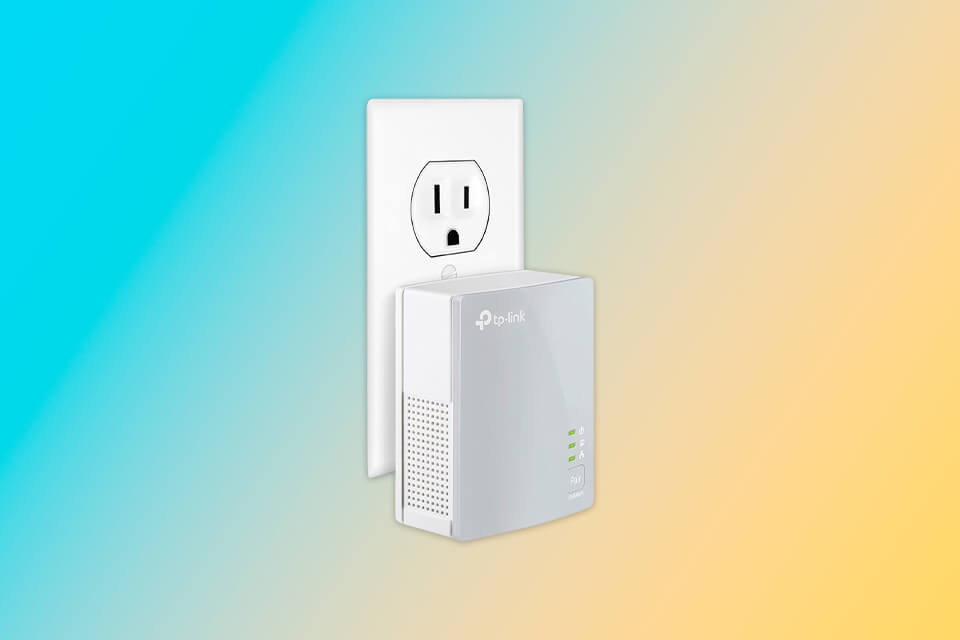
The best WiFi extender to use in a basement should have up to 5 SSIDs (this is the name of the WiFi network that appears on your computer, phone, and other devices and looks like a line up to 32 bytes in size, which is broadcast over the air). The IEEE 802.11 standard accounts for better data exchange in WiFi networks.
802.11ax is the highest standard available, however, it’s rather rare. Most devices support 802.11ac that works in the 5GHz frequency range, while 802.11ax supports the 1-7GHz range. With 802.11ac, the speed reaches 433Mbps-6.77Gbps with 8x MU-MIMO antennas while with 802.11ax it reaches up to 11Gbps.
TP-Link, Netgear, D-Link and other manufacturers release extenders. It's worth using a product released by a well-known brand as it will be more reliable. Besides, you will be able to contact support. Amplifiers of unknown or little-known companies don’t have many ports and have poor-quality antennas, which might cause speed delays.
If you choose extenders from a well-known brand, you can purchase a high-end product with support for WiFi and security standards. The speed will correspond to indicated in the specifications. Moreover, large manufacturers provide a guarantee, which allows you to return or replace the product if necessary.